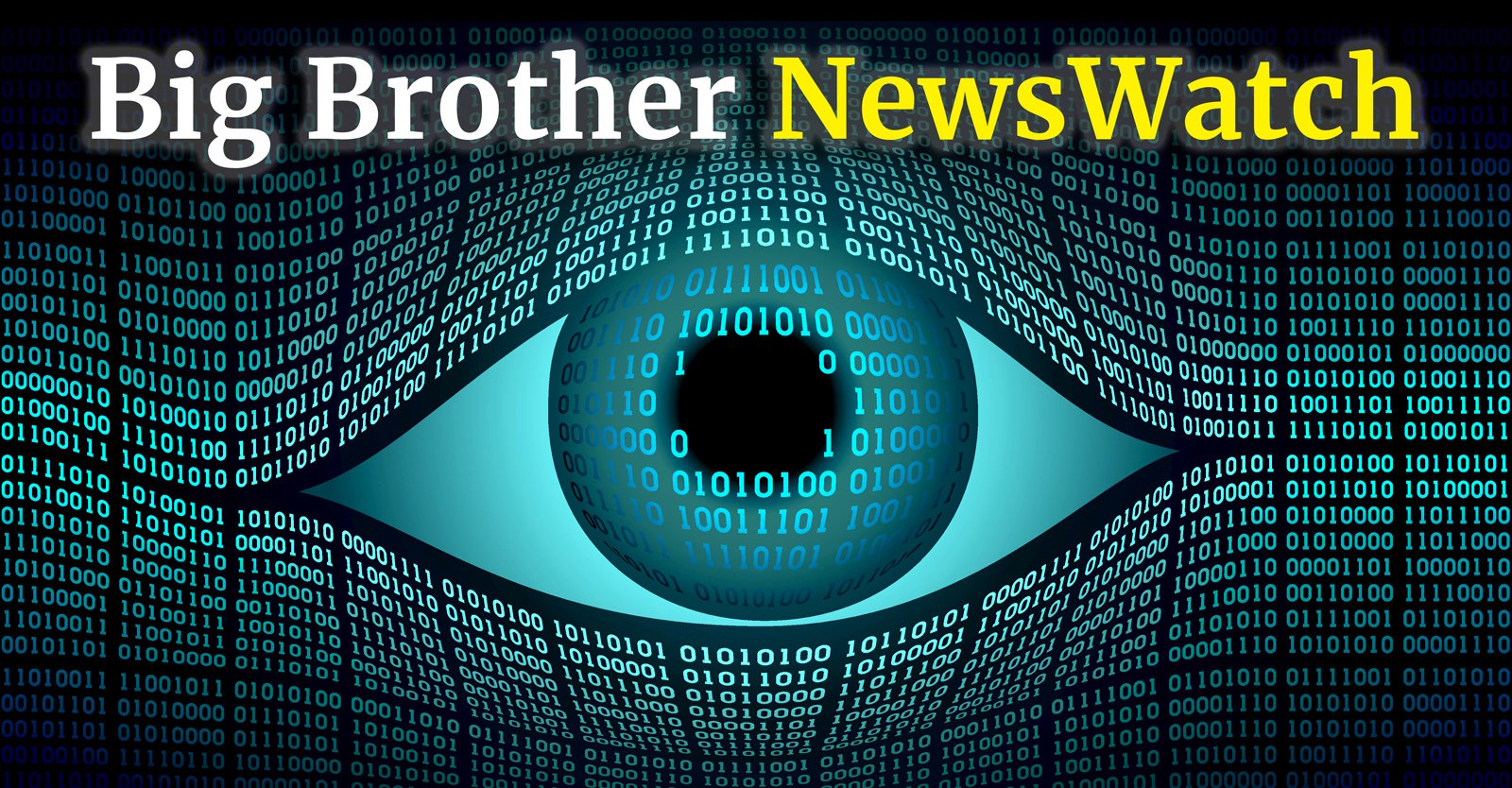‘Guilt by Algorithm’: California Bill Would Expand Online Censorship, Critics Warn

Source: Children’s Health Defense
A California bill awaiting Gov. Gavin Newsom’s signature would likely increase online censorship, according to critics of the measure.
Senate Bill 771 (SB 771), which passed both chambers of the state legislature, places hefty fines on social media companies if their algorithms promote posts that violate California’s civil rights laws.
The bill’s sponsors say the measure isn’t about censorship. But Cindy Harper, a researcher and writer for Reclaim the Net, told The Defender the structure of the bill “ensures censorship will be the outcome.”
The bill could set a “dangerous precedent” by assuming “guilt by algorithm,” Harper wrote. “At a time when calls for censorship are being rebranded as civil rights enforcement, SB 771 stands as one of the clearest attempts yet to regulate speech indirectly by punishing the infrastructure that carries it,” she said.
If signed, the legislation would take effect in 2027 and would apply to social media companies generating over $100 million in annual profits.
Fines run up to $1 million per violation, but could double if the courts can prove that the social media company knew the plaintiff involved in an alleged civil rights violation was a minor.
On Monday, Newsom signed a first-in-the-nation law that forces major artificial intelligence, or AI, companies to reveal their safety protocols in an effort to prevent cyberattacks. The law sets the groundwork for a potential national standard, according to Politico.
Tech CEOs and California Chamber of Commerce urge Newsom to veto bill
The authors of SB 771 cite rising rates of hate speech as justification for the measure, which they claim does not directly censor speech. According to the bill:
“The purpose of this act is not to regulate speech or viewpoint but to clarify that social media platforms, like all other businesses, may not knowingly use their systems to promote, facilitate, or contribute to conduct that violates state civil rights laws.”
Opponents of the bill — including the California Chamber of Commerce, TechNet (a bipartisan network of tech CEOs and senior executives), and the Computer and Communications Industry Association — said the bill raises “serious” First Amendment concerns.
In a Sept. 16 letter urging Newsom to veto the bill, they wrote:
“Although SB 771 does not explicitly mandate content removal, it effectively incentivizes broad suppression of speech through the threat of legal action. …
“… Some platforms may decide to aggressively over restrict content that could be considered harmful.”
The bill would have a “chilling effect” on the “editorial discretion” of social media companies, the groups wrote in a statement included in the state’s Senate Judiciary Committee report.
Harper said, “So the lawmakers appear fully aware of the bill’s implications and that it will restrict speech.”
If enacted, the legislation would likely face an immediate challenge on constitutional grounds, Harper said.
The measure also could have implications beyond California, she said. “If California begins punishing platforms for the mere transmission of speech it deems connected to harmful behavior, it sets a national standard by force.”
Authors of ‘Disinformation Dozen’ support the bill
As a justification for passage, the bill cited research by the Human Rights Campaign and the Center for Countering Digital Hate (CCDH) that showed a 400% rise “in anti-LGBTQ+ disinformation and harmful rhetoric” on social media platforms.
“But the CCDH itself is a disinformation and censorship regime,” noted Tim Hinchliffe, editor of The Sociable.
The bill also cited increases in antisemitic and anti-Muslim online speech.


This article was funded by critical thinkers like you.
The Defender is 100% reader-supported. No corporate sponsors. No paywalls. Our writers and editors rely on you to fund stories like this that mainstream media won’t write.
In 2021, CCDH authored the so-called “Disinformation Dozen,” a list that included U.S. Health Secretary Robert F. Kennedy Jr., Dr. Joseph Mercola, Sayer Ji, founder of the natural health website GreenMedInfo, and nine others labeled by CCDH as the “leading online anti-vaxxers.”
Last year, CCDH faced allegations that it colluded with the Biden administration and social media platforms to censor online users.
Also in 2024, investigative journalists Paul D. Thacker and Matt Taibbi obtained CCDH internal documents showing that the organization planned to launch “black ops” against Kennedy and pressure Substack to remove COVID-19 vaccine critics Mercola and Alex Berenson from its platform.
CCDH wrote in a statement presented at a June hearing before California’s Assembly Committee on Privacy and Consumer Protection that pre-internet laws need to be updated to keep pace with the challenges of the modern digital age. “SB 771 will do just that,” CCDH wrote.
CCDH did not respond to a request for comment.
Other proponents of the bill include San Diego Democrats for Equality, Rainbow Spaces and Jewish Public Affairs Committee.
Related articles in The Defender
- ‘Unacceptable and Wrong’: Google Admits to Censoring COVID Content Under Pressure From Biden Administration
- ‘Digital Chokehold’: Tool Developed by Tech Giants to Stop Terrorists Enables Mass Surveillance, Censorship
- Are U.S. Taxpayers Funding ‘Corrupt Dark-money Network’ That Censored CHD, RFK Jr. and Others?
- Group Behind ‘Disinformation Dozen’ Sought to ‘Kill Musk’s Twitter,’ Launch ‘Black Ops’ Against RFK Jr.
Recent Top Stories
Sorry, we couldn't find any posts. Please try a different search.









